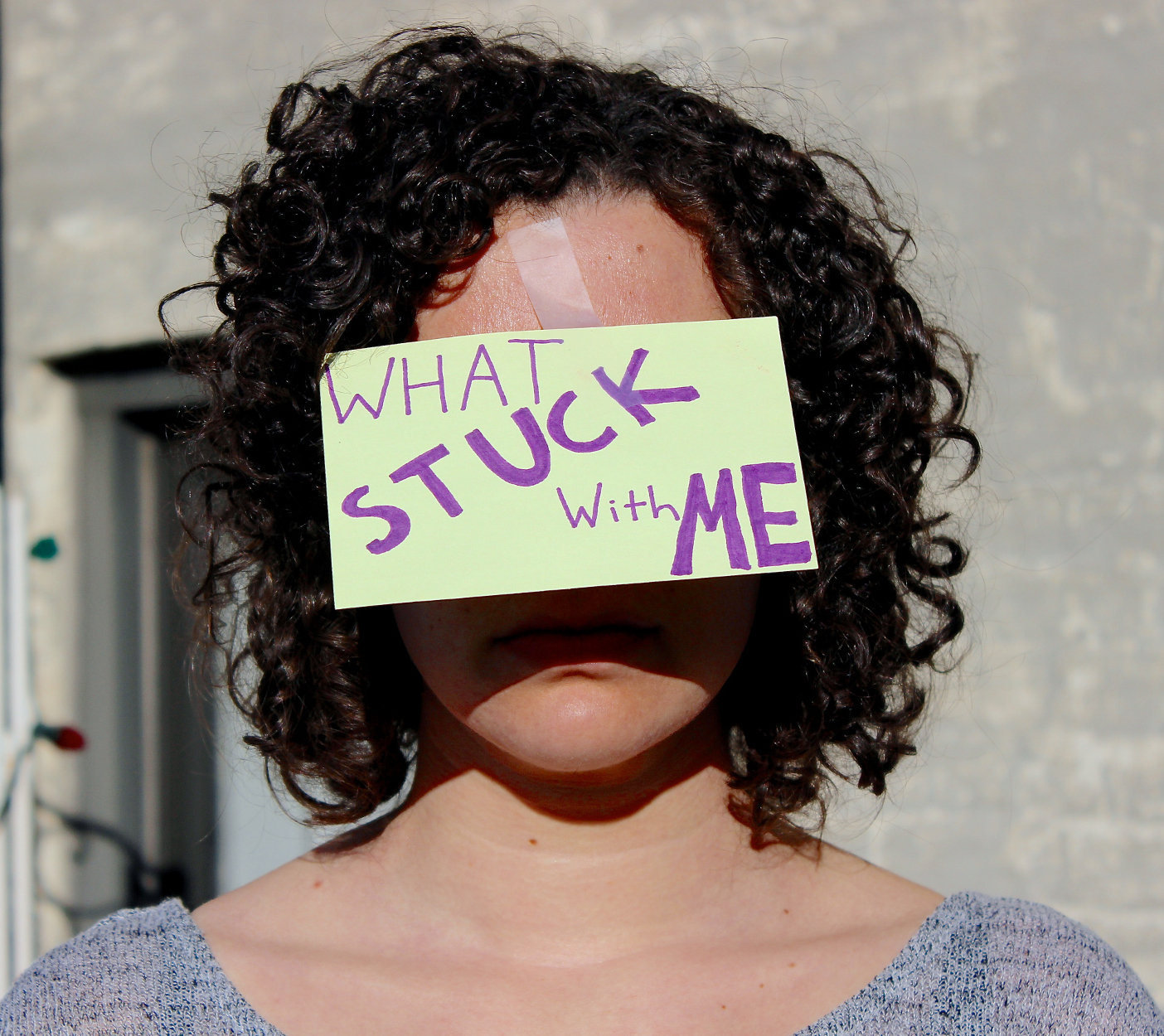It was tradition in our house to get our tree two weeks before Christmas, and spend an evening decorating it together as a family, sipping hot cocoa and singing carols.
But when I was five, it was Christmas Eve, and we still didn't have a tree yet. This was when I first discovered my family was poor.
That Christmas Eve, my mom begged my proud father to ask his friend for a tree, any tree. The friend sold them in our small town, and surely would let my dad have one with a promise to repay him once business picked up again.
Faced with disappointing his wife and children, my dad went to do something he had never in his life done before, ask for a handout.
I tagged along, being a Daddy's girl. He firmly told me to stay in the truck, and I watched for a minute as my dad made small talk. I rolled the window down a crack, then an inch.
"Please, just for my kids. The ugliest, smallest tree you have, I just want my kids to have a tree." My dad couldn't look his childhood friend in the eyes.
The friend came over to the truck and opened my door. I was afraid I'd been caught eavesdropping. "Go pick a tree honey, any tree you want!"
Being five, I picked the largest one there.
We left, got home and put the tree up. As we started our traditional decorating, there was a knock on the door.
A neighbor dropping off an extra ham they had in their freezer and said Merry Christmas. Another knock, this time it was handmade hats and mittens. Another knock, another neighbor. This continued well after us kids had gone to bed.
Christmas morning, I was the first to get up, so I snuck downstairs to see if Santa had come. I found my father sitting at the foot of our Christmas tree, crying. The room was full of gifts, some wrapped, some not, each one labelled.
I sat in my dad's lap, unable to understand how he could possibly be crying.
"I asked God for a miracle, instead He gave us great neighbors, and a great town."
Thirty years later, my husband still can't understand why I cannot pass a Toys for Tots bin without donating.
